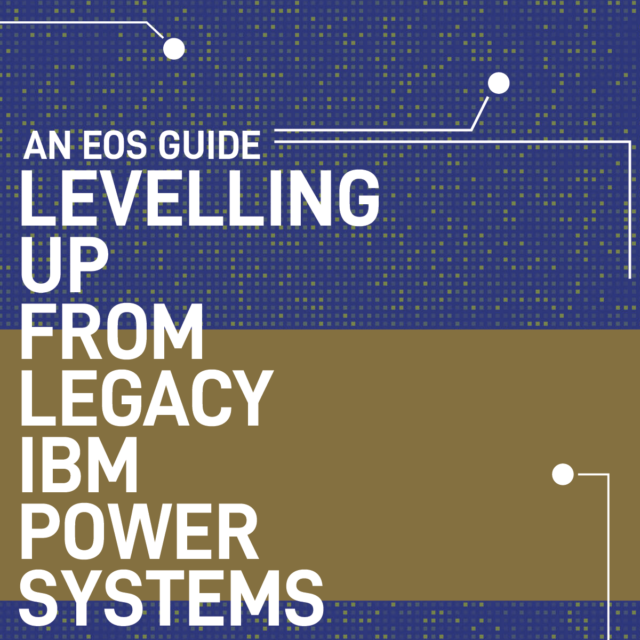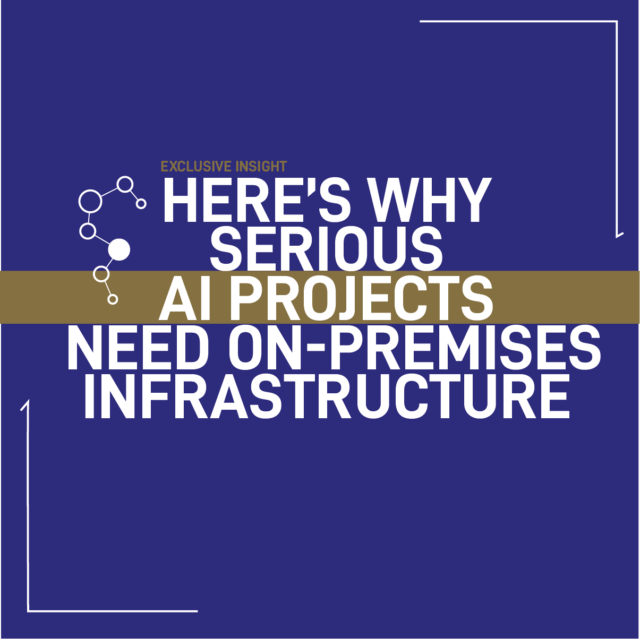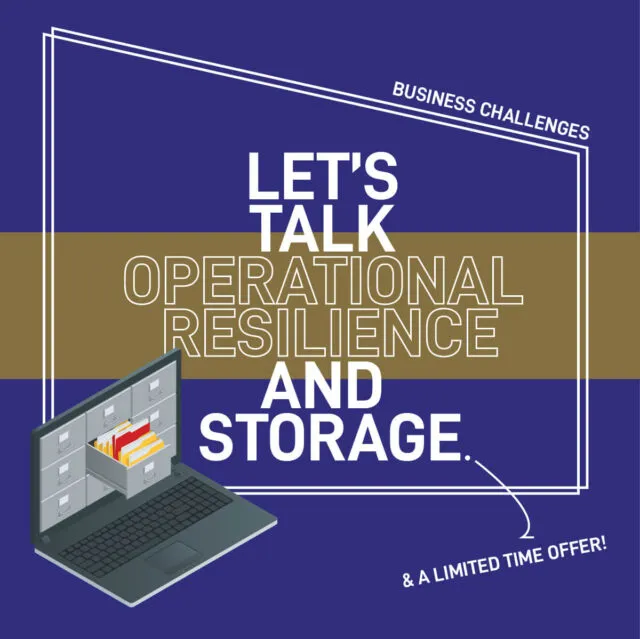Computing: What did you think of the Cloud Excellence Awards event itself?
Andy Dunn: After the long months of lockdown, it was great to have an in-person event to celebrate industry achievements and meet friends and colleagues again for the first time in months.
The whole event was well organised, and Neil Delamere did a really good job as the MC for the evening.
CTG: How did you feel when you heard that your entry had won?
We were short-listed for the ‘Cloud Development Platform of the Year’ award but missed out on that category, so winning the ‘Hybrid Cloud Product of the Year’ award was a fantastic result. We were up against some high-quality competition, with innovative solutions that demonstrated the best use of private and public clouds.
CTG: What do you think made your entry stand out?
AD: At CSI, we are committed to a hybrid cloud strategy that provides our clients with the most appropriate platform for all applications. I think we stood out due to the flexibility in our solutions, allowing companies to optimise their investment in legacy systems as well as taking advantage of the latest techniques for digital transformation like microservices and containerisation.
CSI helps organisations transform their IT estates by exploiting the power of hybrid clouds. The CSI PowerCloud delivers managed private cloud capacity for complex applications running on IBM Power Systems and industry-standard servers, and is designed to meet the demands of the most regulated industries.
For organisations already using hyperscale public clouds, the CSI PowerCloud has very low latency connections to Microsoft Azure, AWS, IBM Cloud and Google Cloud Platform. We also understand that on-premises infrastructure continues to be key for many enterprises and our comprehensive portfolio of services includes support for these environments.
We support clients at the beginning of their journey to the cloud by supporting early-stage digital transformation proof of concept projects. Maintaining dedicated test infrastructure is often not financially feasible, but with CSI’s Test as a Service, software developers can focus on developing their applications without the cost and distraction of provisioning and managing infrastructure.
Using public cloud virtual servers, temporary ‘set up and tear down’ test environments with pay-as-you-use billing ensures that developers only incur charges while test infrastructure is used; development doesn’t have to be compromised due to financial constraints.
CTG: What does the win mean for you, your team, and your organisation?
AD: We are constantly evolving our portfolio of cloud services based on client feedback and market conditions, but external recognition is always encouraging and reassuring that we are moving in the right direction.
CSI’s hybrid cloud strategy allows all workloads to run in the optimal environment with cyber security and data protection solutions providing the first and last line of defence against cyber threats.
Each element of hybrid cloud offers unique benefits – security, data residency, performance, flexible capacity – but they form part of a single computing environment that must be managed as a whole, not as separate technology silos.
Our suite of services – from maintenance and monitoring to incident, problem, and change management – ensure that our clients can depend on platforms that are reliable, as well as cost-effective.
CTG: What does the future hold for CSI?
AD: The past two years have shown that for any business to thrive, it needs to be able to cope with unplanned changes – from an increase in remote working to peaks in business traffic due to uncertainty in the economy.
Mixing and matching infrastructure platforms to suit business needs is the preferred strategy for many companies. Protecting the investment in legacy applications doesn’t mean that they can’t also enjoy the many advantages of cloud computing.
CSI will continue to develop and support flexible, secure hybrid cloud environments that allow organisations to meet their immediate needs as well as future expansion.




